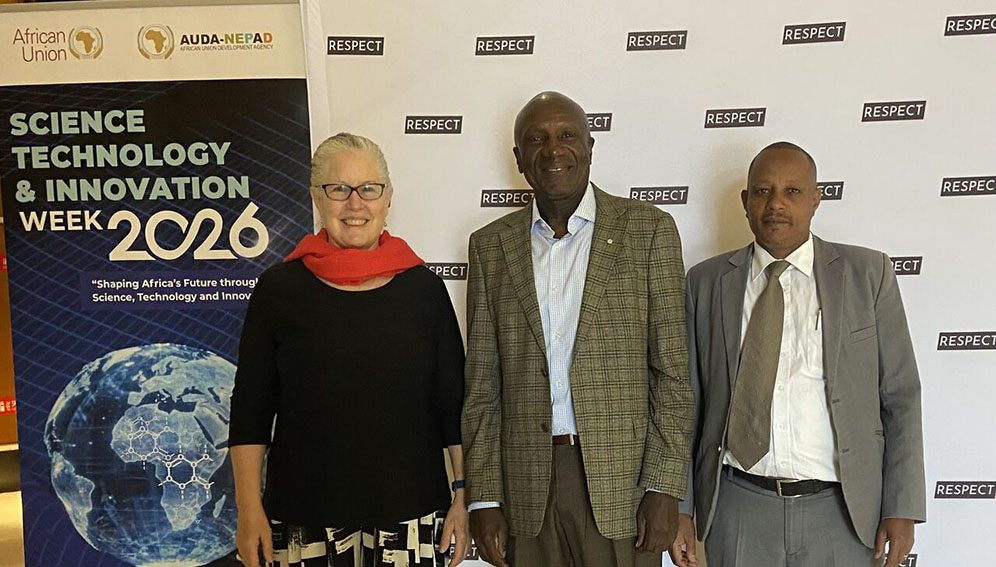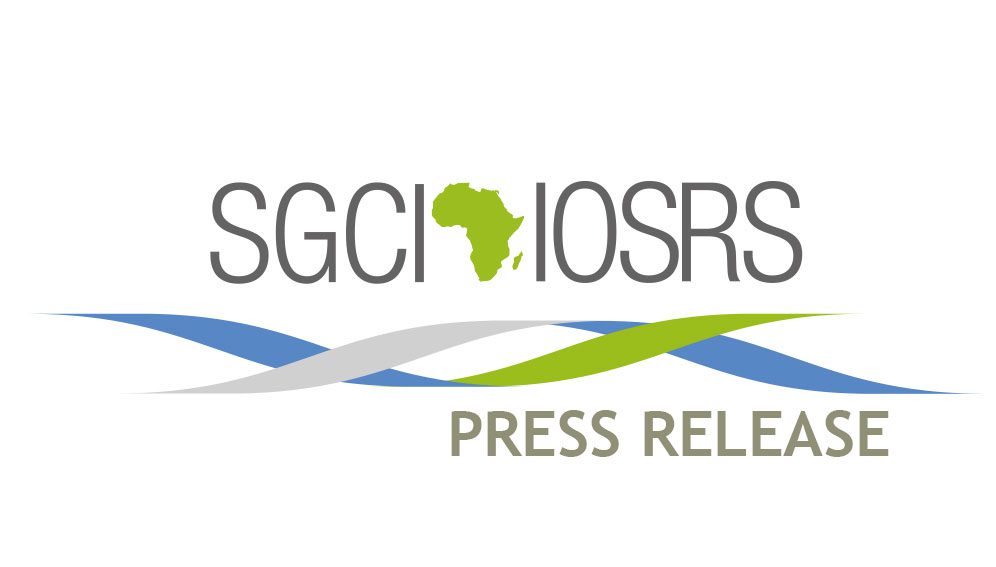SGCI News
Equality-promoting funding policies “still in their infancy”, review finds Many national bodies disbursing African research funding grants are failing to address gender imbalances in their support, a review paper has…
Equality-promoting funding policies “still in their infancy”, review finds
Many national bodies disbursing African research funding grants are failing to address gender imbalances in their support, a review paper has found.
The paper, published in April in the journal Frontiers in Research Metrics and Analytics, assessed gender policies and practices across 15 African science-granting councils.
It found that while most had policies committing them to advancing women in science, few have implemented programmes to turn the policies into practice or to help women researchers overcome barriers.
This is resulting in “persistent inequalities” in who receives funding, the size of grants they receive, and the impact on knowledge production, the review states.
Male-dominated
The study team focused on the 15 members of the Science Granting Councils Initiative, a five-year initiative funded by the governments of the United Kingdom, Canada and South Africa to strengthen science-funding bodies on the continent.
This group covers: Botswana, Malawi, Mozambique, Namibia, Zambia and Zimbabwe in Southern Africa; Ethiopia, Kenya, Rwanda, Tanzania and Uganda in East Africa; and Burkina Faso, Côte d’Ivoire, Ghana and Senegal in West Africa.
Grant-making data from the 15 showed that almost two-thirds of research awards (62.8 per cent) went to men, and that men often received larger grants than women.
However, in-depth discussions with senior administrators from the councils showed that some past support programmes targeting women scholars had attracted a disappointingly low number of applicants. One administrator recalled a grant scheme for women that attracted only one applicant.
There was also a sense that requirements to include women on grants often turned into box-ticking exercises, rather than a move that truly supported women scholars. “They [applicants] feel that it is something they need to do to get the project,” a representative from a Kenyan granting body said.
Gaining traction
Some administrators attributed the imbalance among grant winners to culture. Women are expected to shoulder more caring roles in the home that may prevent them from advancing their research careers, they suggested.
Others pointed out that since culture is fluid, it’s important to understand the institutional and structural barriers that women face, to track the gender distribution of funding, and to encourage research that promotes gender equality in the wider community.
But while the study authors note that gender-related activities are “still in their infancy” in African science-granting councils, they are “gaining some traction”, they add.
Support mechanisms for women researchers in Africa need to do more to build up their confidence, the authors emphasise.
Source: Researchprofessionalnews
Related News
Open call: Support for science granting councils in Sub-Saharan Africa
The International Development Research Centre (IDRC), through the Science Granting Councils Initiative (SGCI), has launched a call for proposals to support science granting councils in Sub-Saharan Africa in the establishment and operationalisation of the Capacity Strengthening Hub under Phase III of the SGCI-3. The Hub…
SGCI phase 3: USD 42M boost for Africa’s STI agenda
It was an exhilarating moment as the Science Granting Councils Initiative (SGCI) Phase 3 funding announcement was officially made yesterday during the Science, Technology, and Innovation (STI) Week 2026, held in Addis Ababa, Ethiopia. The STI Week, organised by AUDA-NEPAD and the African Union and…
Science Granting Councils Initiative announce support to Africa’s STI Policy Agenda at African Union Meetings
Press Release Addis Ababa, Ethiopia | February 12, 2026 — Ahead of the Annual Summit of Heads of State at the African Union Headquarters in Addis Ababa this February, Canada’s International Development Research Centre (IDRC), the Government of Norway, and the United Kingdom’s Foreign, Commonwealth…
SGCI funded projects
Rwanda’s integrated approach to sustainable agriculture and nutrition
Project Titles & Institution Areas of Research Number of Projects being funded Project Duration Grant Amount In-Kind Distribution Council Collaboration with other councils





